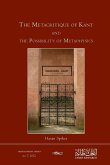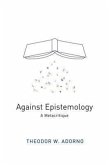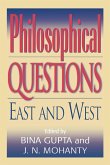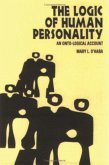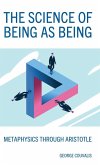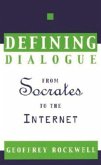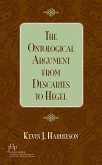Contrary to many of the standard histories of German Idealism, the most recent research suggests that it did not grow smoothly and seamlessly from Kant's critical philosophy into Hegel's mature system, nor did it proceed without serious challenges launched from a wide variety of alternative philosophical perspectives. Probably the most sustained and trenchant assault upon this tradition came from a group of already well-established philosophers and intellectuals who referred to their project as "metacritique," a critical movement spearheaded by such luminaries as J. G. Hamann, S. Maimon, F. H. Jacobi, and J. G. Herder. Employing approaches and arguments clearly prefiguring much later critiques, like those of ordinary language philosophy, logical positivism, and even cognitive psychology, the metacritics attempted to refute the transcendental pretensions of the German idealists through a rigorous linguistic critique of idealist philosophical discourse. This linguistic challenge and its response from the idealist party also drew into its ambit such important figures of the early Romantic movement as August and Friedrich Schlegel and August Ferdinand Bernhardi. Although this extended discussion between the early idealists and their linguistic metacritics formed an important episode of European intellectual history, neither the crucial texts nor an interpretive discussion of them have to date been available to the English-speaking student. The present work fills this important gap in our understanding of the period by offering an extensive interpretive and critical overview of the metacritical challenge and the responses to it, together with English translations of the key texts, each with its own introduction and commentary. This outstanding collection will be useful for any class on German idealism and for providing an accurate historical context for some of the later philosophical charges leveled against this tradition.
Hinweis: Dieser Artikel kann nur an eine deutsche Lieferadresse ausgeliefert werden.
Hinweis: Dieser Artikel kann nur an eine deutsche Lieferadresse ausgeliefert werden.


